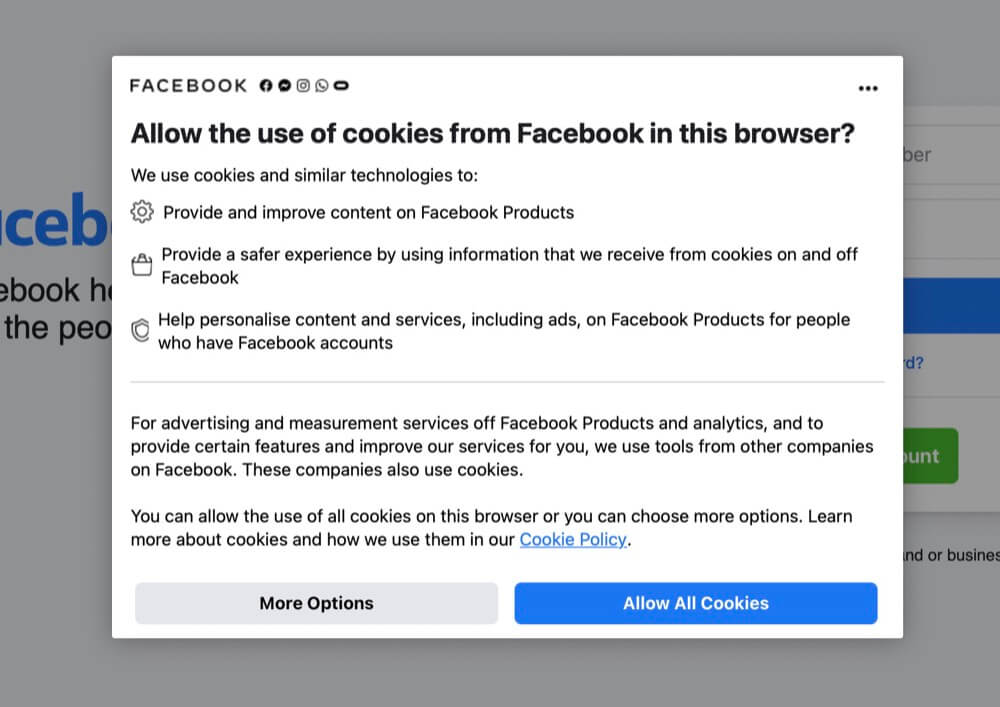
The Dark Side of Cookies: How Your Personal Data is Being Used
As I sat at my desk, sipping my morning coffee and scrolling through my favorite websites, I couldn’t help but feel a sense of unease. I had just clicked on the ubiquitous “Accept All” button on a cookie consent prompt, and it got me thinking: what exactly am I agreeing to?
The truth is, cookies are a necessary evil in the world of online browsing. They help websites remember our login details, our preferences, and even our shopping cart contents. But have you ever stopped to think about what else they might be tracking?
It turns out, cookies are not just harmless little text files stored on our devices. They can be used to collect sensitive information about us, from our browsing habits to our physical location. And it’s not just the website owners who are collecting this data - it’s also their partners, affiliates, and even third-party advertisers.
For example, let’s say you’re browsing a website that uses cookies to track your behavior. Maybe you’re searching for a new pair of shoes, and the website is using cookies to record your search history. But what if that website also shares your data with its partners, who then use it to target you with ads on other websites? It’s a slippery slope, and one that raises serious concerns about our online privacy.
So what can we do to protect ourselves? The first step is to be more mindful of the cookies we accept. Instead of blindly clicking “Accept All”, take a moment to review the types of cookies being used and what data they’re collecting. You might be surprised at what you find.
 What exactly are we agreeing to?
What exactly are we agreeing to?
Another step is to use a cookie blocker or ad blocker in your browser. These tools can help prevent cookies from being stored on your device in the first place, reducing the amount of data that’s being collected about you.
But even with these precautions in place, it’s still important to be aware of the types of data that are being collected about us online. Whether it’s our IP addresses, browsing history, or physical location, it’s crucial that we take steps to protect ourselves and our personal data.
As I finished writing this article, I couldn’t help but feel a sense of irony. I had just spent the past hour researching the dark side of cookies, and yet I had still clicked on the “Accept All” button without even thinking twice. It’s a habit we need to break, and fast.
 It’s time to take back control of our online data.
It’s time to take back control of our online data.
About the Author
I’m a tech-savvy journalist with a passion for online privacy and security. When I’m not writing about the latest trends and threats, you can find me browsing the web with my favorite ad blocker installed.















